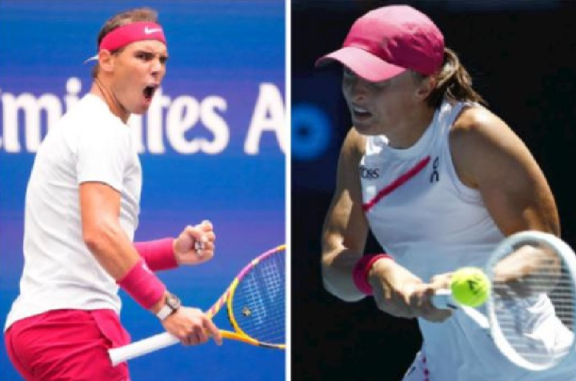Rafael Nadal, a 22-time Grand Slam champion, has embraced the opportunity to contribute to the growth of tennis in Saudi Arabia after being appointed as an ambassador for the Saudi Tennis Federation. His role involves spending time each year in the desert kingdom, where he will engage in training children and fostering interest in the sport. Plans for a training academy are also in development, as announced by the Saudi federation.
Nadal, who recently withdrew from the Australian Open due to a muscle injury, expressed his excitement about being part of Saudi Arabia’s evident growth and progress. Despite facing a hip problem last year, Nadal expects 2024 to be his final season on the professional tour.
In a strategic move, the men’s ATP Tour declared in August that its Next Gen Finals for under-21 players would be held in Jeddah from 2023 to 2027, marking the Gulf state’s inaugural official tournament. However, there remains speculation about the possibility of the women’s tour relocating its season-ending WTA Finals to Saudi Arabia. WTA Chairman Steve Simon acknowledged challenges, citing “big issues” associated with hosting women’s tour events in the country.
The WTA, in discussions with various groups, including Saudi authorities, regarding the 2024 Finals and beyond, clarified that no decision had been reached as of December. Saudi Arabia’s substantial investments in various sports, such as soccer, Formula One, boxing, and golf, have drawn criticism, with allegations of “sportswashing” over its human rights record. The kingdom maintains its denial of human rights abuses, asserting its commitment to national security through its laws.
On the women’s side, World No.1 Iga Swiatek expressed reservations about the potential move to Saudi Arabia, acknowledging the complexity of the situation for women in the region. Swiatek emphasized the ongoing societal and political changes in these countries while recognizing the challenges faced by women. The debate over bringing women’s tennis events to Saudi Arabia continues, with stakeholders navigating the delicate balance between sports expansion and addressing broader societal issues.
